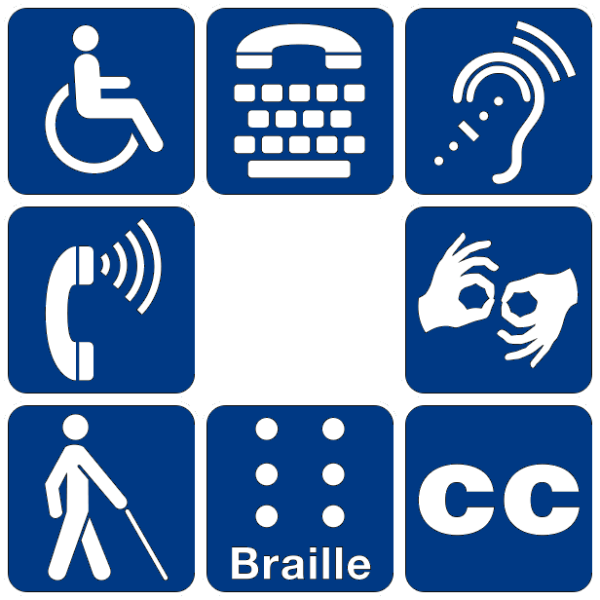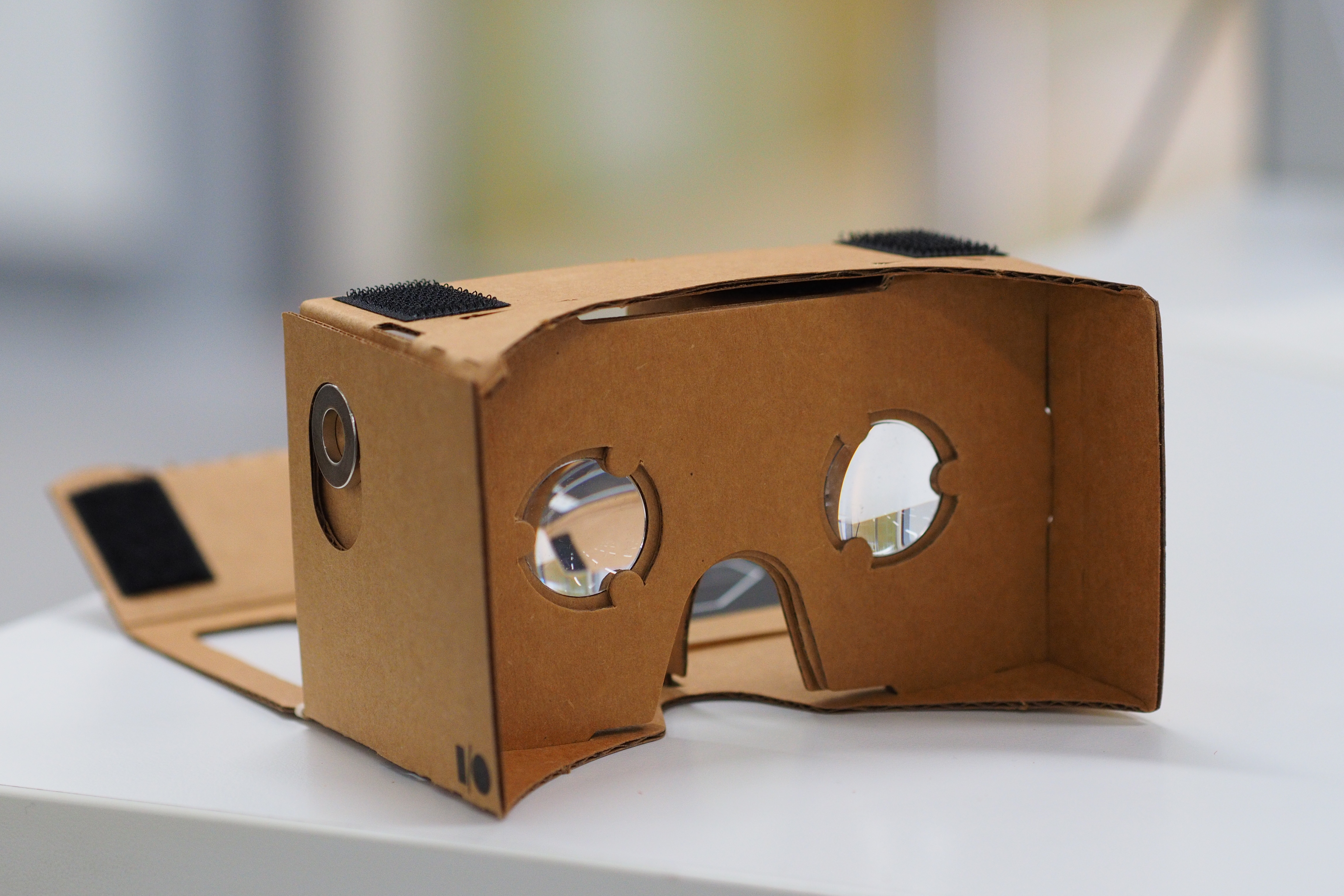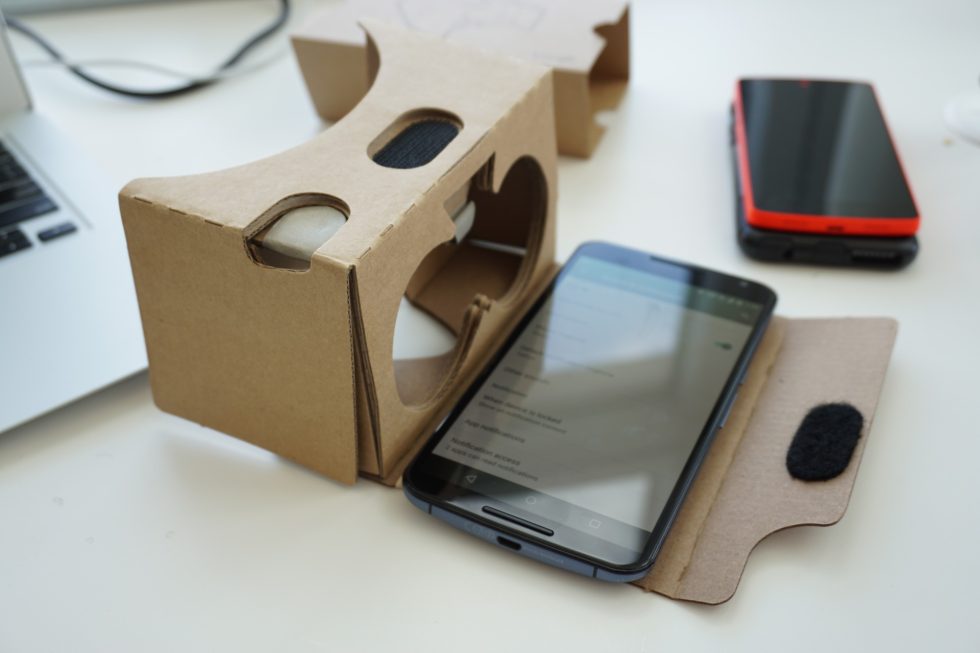Farewell to Apple iTunes
Whether you loved or hated Apple's iTunes, it was a big step iTunes as a media player, media library, Internet radio broadcaster, and eventually as a mobile device management application. Now it is being unbundled and essentially phased out, according to press release from the latest Apple Worldwide Developer Conference.
Apple Inc. announced it as a new service and tool on January 9, 2001. It was used to play, download, and organize digital multimedia files, including music and video, on personal computers running the macOS and Windows operating systems. It forced you to purchase through the iTunes Store.
My own professional interest in it focused on iTunes U which allowed universities to offer content, including courseware (mostly lectures at first) and other "podcast" materials and even print content, in a open way. I have been writing here about iTunes since 2006.
The latest move by Apple is probably much more tied to changes in the music industry and the way consumers listen to and purchase music. Apple has been pushing users to its Apple Music subscription service, like Spotify and others. That is a better deal for them since it means a guaranteed monthly fee instead of waiting and hoping that a customer will buy songs. I have not subscribed and I have not purchased music from their store in several years, and I suspect I am not alone in that trend.
Apple is phasing out iTunes in favor of three apps called Music, TV and Podcasts. This is very much how those services are already divided on iPhones and iPads.
From what I have read, iTunes will still exist as a standalone iOS app and on Windows PCs and your previous purchases and libraries will be maintained in each new app on Mac computers.
I have not found any information on the future of iTunes U. My university, NJIT, was one of the "sweet 16" schools to be there for the launch of iTunes U in May 2007. But with iTunes version 12.7 (August 2017), iTunes U collections became a part of the Podcasts app.
NJIT stopped using their iTunes U instance several years ago. They were not alone in higher education. That is a trend that does not please me as it took away one source of open courseware. But some schools have moved that content to other MOOC platforms which offer richer environments for full course offerings.
Apple says that it will not be remotely deleting years of downloaded and purchased songs and movies, but will probably find a way to bridge, manage and access downloaded content in other ways. A clear cut-off date for iTunes has not been set.



 . One of his premises is that the "unprecedented data sharing and transparency between higher ed and labor markets" will lead the way.
. One of his premises is that the "unprecedented data sharing and transparency between higher ed and labor markets" will lead the way.